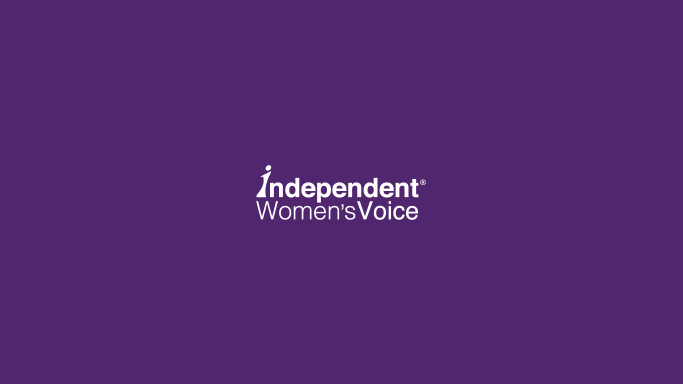Several recent polls have shown a near four-way tie among top GOP contenders in the Iowa caucus, which kicks off the nominating process on Jan. 3. A Nov. 10-12 Bloomberg News poll, for instance, showed Herman Cain at 20%, Ron Paul at 19%, Mitt Romney at 18% and Newt Gingrich at 17% among likely GOP caucus goers.
But the real story isn't that horse-race snapshot: It's how few Iowa caucus-goers have committed to a candidate with less than two months to go before the main event. A survey conducted by the Polling Company for Independent Women's Voice on Nov. 11-13 of Iowa GOP voters intending to participate in the caucus showed just four-in-10 (42%) of Iowa Republicans will "definitely" vote for their current candidate. No GOP hopeful has locked up more than 9% of Iowa caucus-goers.
View the toplines from the poll here
Candidates hoping to emerge victorious from Iowa should recognize that the race is wide open. Voters are carefully considering candidates' stances and commitment to key issues. They want more than a candidate who will play it safe by echoing poll-tested platitudes from the decades-old Republican platform. They want a leader who will boldly propose reforming some of government's sacred cows.
Smart candidates should start with health-care reform. Our poll found that more than three-in-four Iowa caucus voters (77%) consider the candidate's commitment to repealing ObamaCare a top-three issue when deciding whom to support. Health care is the single most important issue for more than one-in-five voters (21%). A staggering 93% consider the candidate's willingness to work against ObamaCare as a top-10 issue.
Why is health care such a priority? Thirty-six percent of Iowa Republican voters say their own health care has gotten worse since ObamaCare became law, compared to 7% who say it's improved. And more than one-in-three believe ObamaCare is making the U.S. health-care system "worse and more expensive."
While half of respondents said they've yet to feel any effects from the law, the great majority believe ObamaCare will ultimately damage America's health-care system. Eighty percent believe health care will become "worse and more expensive" once the law is fully implemented, compared to just 4% who believe it will result in higher quality care.
Mr. Romney take note: Voter sentiments about health care are a potential roadblock on your road to the White House. More than eight-in-10 (82%) Iowa caucus-goers say they will oppose any candidate willing to implement a state-level individual mandate requiring health insurance like the one championed by Mr. Romney as governor of Massachusetts. More than half (55%) of voters say they will definitely vote against such a candidate. This suggests there is a low ceiling of potential support for the GOP establishment's designated front runner, and an opening for a new leader to emerge.
In a new twist on an old political truism, failing to propose meaningful reform to our nation's entitlement programs—Social Security, Medicare and Medicaid—may be the new third rail of politics, or GOP politics at least.
When first reminded that those programs comprise 41% of the federal budget, six-in-10 Iowa Republican voters rejected the statement that they don't need to be restructured. Less than a third (32%) thought restructuring unnecessary. Intensity was on the side of the entitlement reformers, with 43% of Iowa voters strongly rejecting the notion that the status quo should continue, compared to 14% who strongly feel it should. Iowans want reassurance that changes to these programs won't affect those already depending upon them, but recognize that solving our nation's debt problems requires entitlement reform.
While we've heard a lot from the Occupy Wall Street crowd about the 1% versus the 99%, that's a nonstarter against a genuine populist message. The Polling Company asked Iowans which "1%" they were more worried about—wealthy Americans or Washington political insiders and unelected bureaucrats? The result was a slam-dunk. By a 45-point margin, the ruling government class is seen as more of a threat (53%) than wealthy Americans (8%). Iowa GOP voters reject Democrats' class warfare but are concerned about the growing power in Washington, D.C. Smart candidates will make returning power to the people a theme.
At this point it's impossible to predict who will top the field in Iowa come January. It's clear, however, that Iowa Republican voters want a candidate to emerge who is committed to repealing ObamaCare, reforming financially unstable entitlement programs, and devolving Washington's power. And they want that candidate to use Iowa's presidential springboard to reach the White House and enact real change.
Ms. Higgins is president and CEO of Independent Women's Voice. Ms. Lukas is managing director of Independent Women's Forum.
http://online.wsj.com/article/SB10001424052970203611404577043881934700296.html?mod=googlenews_wsj

